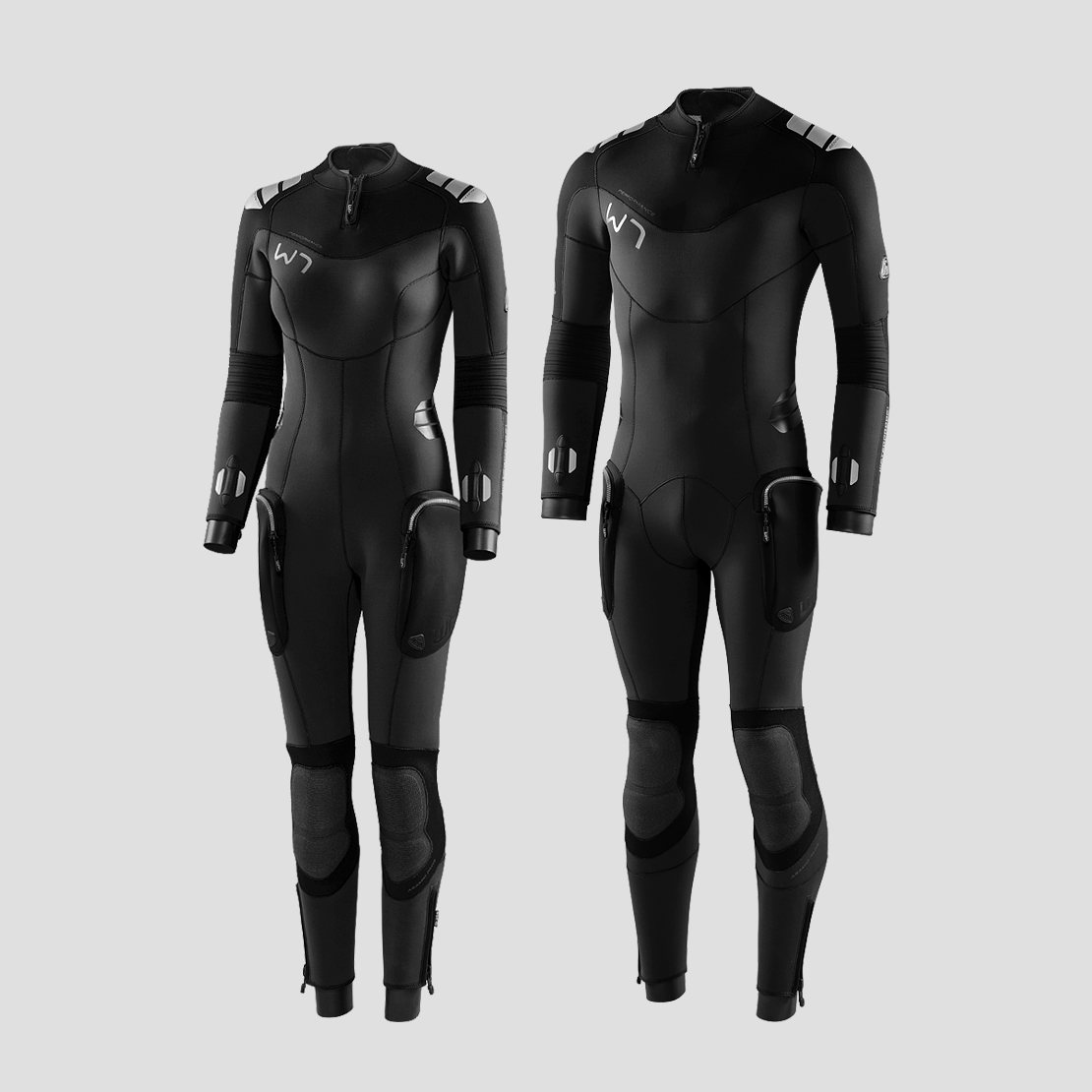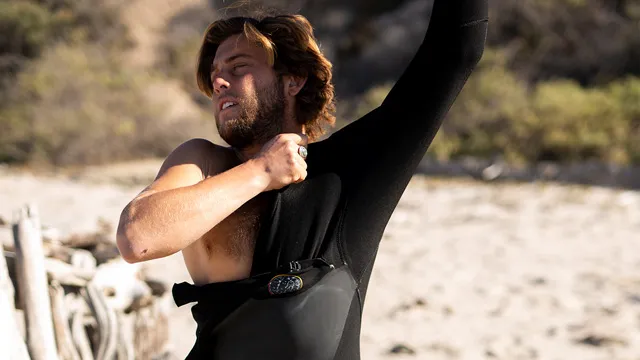A wetsuit is a specialized garment primarily worn by individuals engaged in water activities, especially in colder conditions. It’s designed to provide thermal insulation and protection from the cold water by trapping a thin layer of water between the wearer’s body and the wetsuit material. This layer of water gets warmed by the body heat and acts as an insulating barrier against the colder surrounding water. Here are different characteristics of a wetsuit.
Characteristics of a Wetsuit
- Material: Wetsuits are typically made from neoprene, a synthetic rubber that is flexible, durable, and provides good thermal insulation. Neoprene traps a layer of water, which gets warmed by body heat to create a protective thermal barrier.
- Thickness: Wetsuits come in various thicknesses, which are usually measured in millimeters. Thicker wetsuits provide more insulation but can be less flexible. Thinner wetsuits offer better mobility but provide less warmth.
- Design and Fit: Wetsuits are designed to fit snugly to prevent excess water from entering and flushing out the warm layer. They come in different styles such as full suits (covering the whole body), spring suits (short arms and legs), and shorties (short arms and legs), among others.
- Seams: Seams in wetsuits can be flatlock, glued and blindstitched, or taped. These different seam constructions affect the suit’s flexibility, warmth, and water entry.
- Zippers: Wetsuits can have back zippers, front zippers, or no zippers at all. The type of zipper affects ease of wearing and water entry.
- Activities: Wetsuits are commonly used in various water activities like surfing, diving, snorkeling, kayaking, and swimming in colder water. Different activities might require slightly different wetsuit designs and features.
- Accessories: Some wetsuits come with additional features like hoods, gloves, and booties to provide extra protection for the head, hands, and feet.
Remember that while wetsuits provide thermal insulation, they do not make you entirely immune to cold water. The effectiveness of a wetsuit depends on its fit, thickness, quality, and the conditions you are using it in. It’s important to choose the right wetsuit for the activity and water temperature to ensure safety and comfort while enjoying your water adventures. Learn more at sandiegosurfingschool.com











